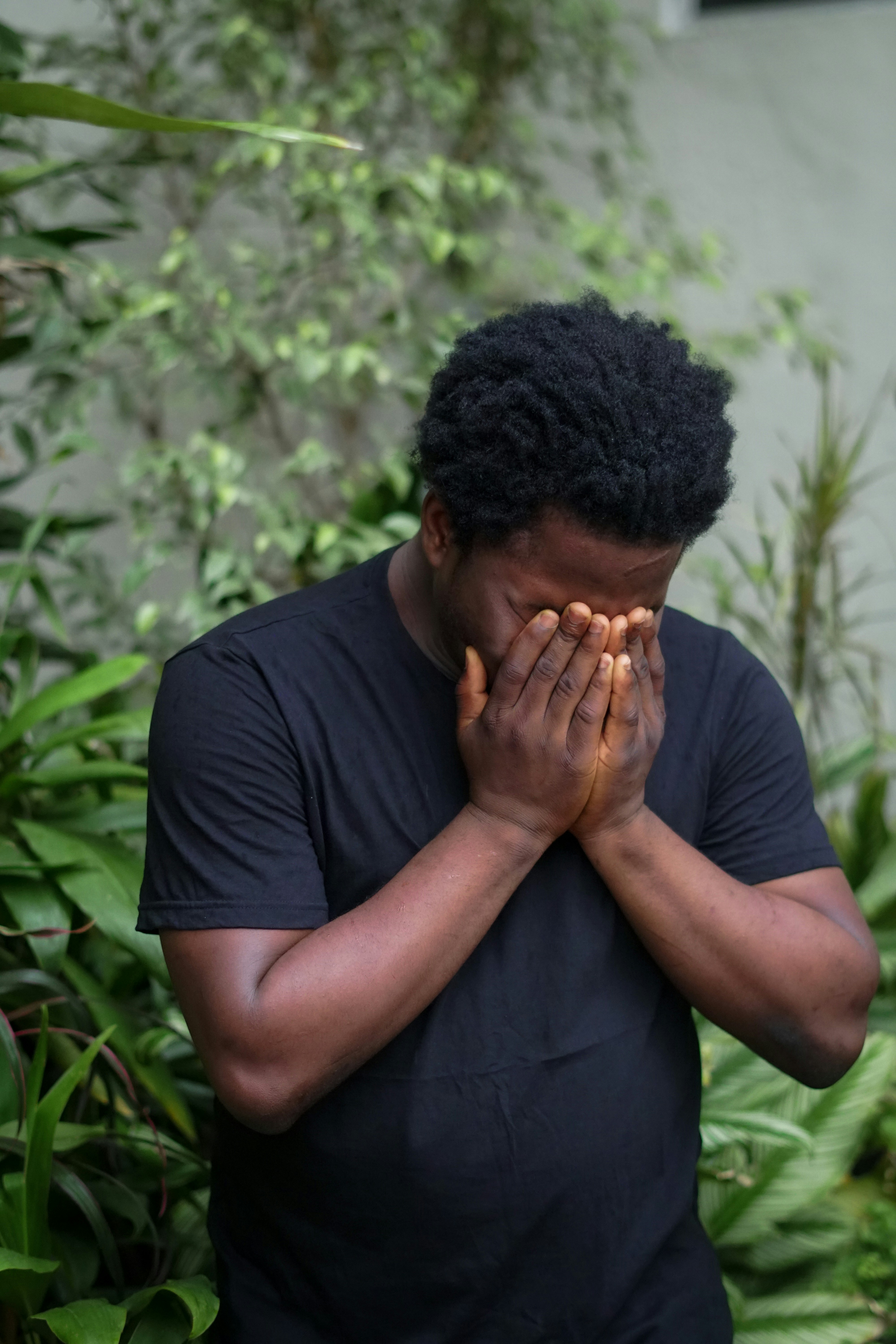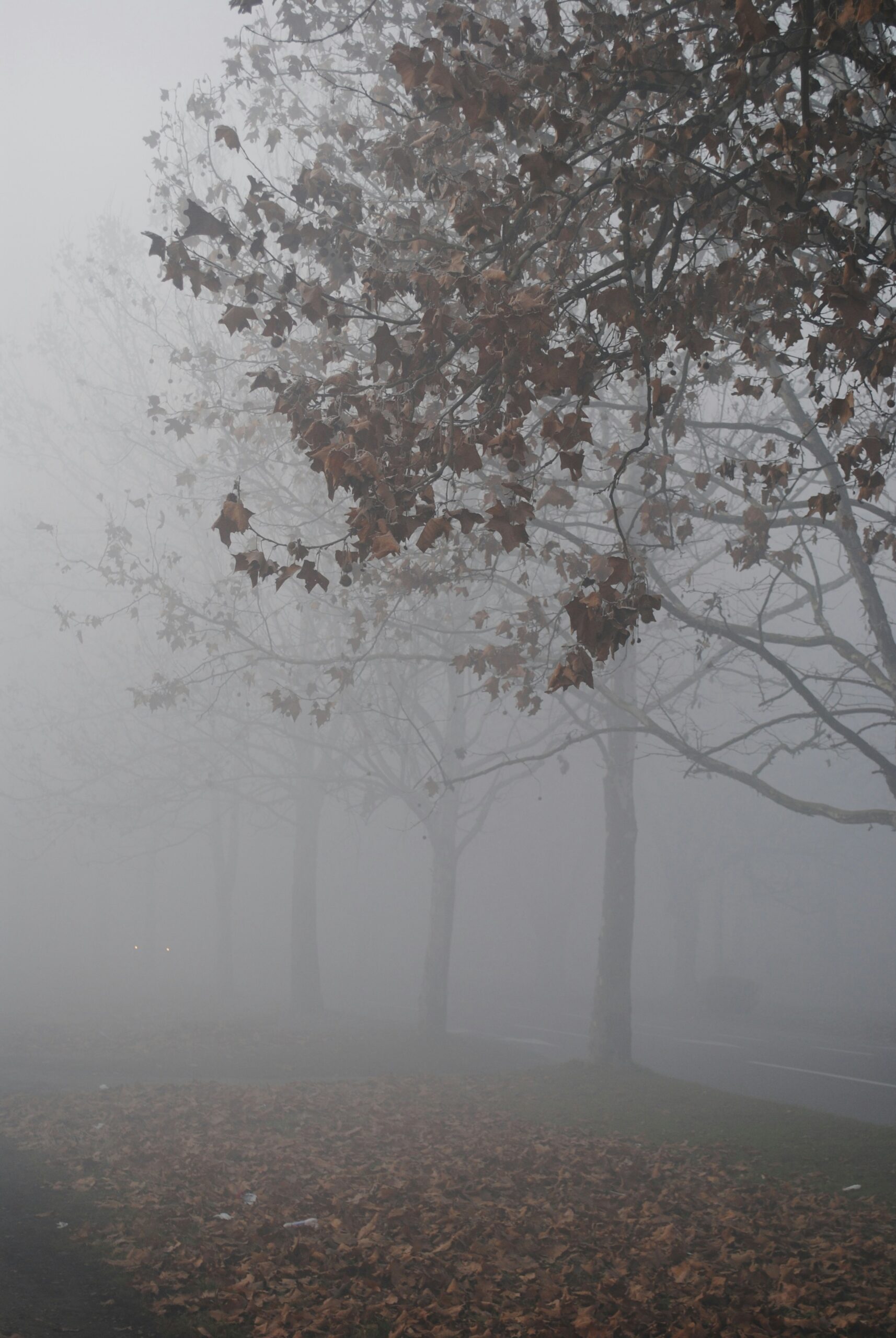December is the season of dust, bare trees, streets littered with dry wilting leaves; and people whose lips are chapped, and heels are cracked. It is the month of the green and red Christmas decorations in malls, annual leaves, weddings, reunions, short days that end at noon, and long nights stretching into the mornings. And if you are one unburdened by the economic woes in Nigeria, this is the season of busy airports, matching pajama pictures on social media, and maybe some bad financial and moral decisions too. But December is also the season of reflection; visits down memory lane, and replays, rethinks, regrets, and reevaluations. December is the season of what-ifs.
In a lot of ways, ending a year is like ending a poem. Like a poet approaches a finished poem in scrutiny, going over and reading it again, sometimes reading it out loud to hear the rhythm and make sure it flows smoothly, so too do we go over the events of an ending year. But unlike a poem, we cannot remove the words or the lines we feel are obstructing the flow of a year spent. There is no going back to remove a word or insert a new one. There is no changing the events of any moment. There is no altering the flow. There are only the what-ifs.
What if we had said yes to that offer, would it have made life easier? If we didn’t say what we said, if we stayed a bit longer in that marriage, if we didn’t go to that party, if we tried more in that exam, worked harder at that job, didn’t cut off that family member, would these have made any difference? Would things have turned out differently for us? We look to the end of the year with regret, lingering on all the places we thought we could have done better and wishing we could go back in time and change the past. Make different decisions, but the past is a view-only place, there is no editing it.
This dwelling on the what-ifs isn’t always about the past, sometimes, it bothers the future too. We peer into the cloudy future, squint our eyes, and fix our forehead to its glass. What we see are also a set of possibilities and questions that ask us to ponder; What if we don’t make it? What if our mother dies, or we never have children? Or if we never make it to the glorious sun of success? What if we never complete that manuscript, or finish that project, or get that job? What if our spouse leaves, stops loving us or our kids abandon us at old age or, what if we are the terrible parent or spouse? What if we die alone?

We bury our minds in the negative, we let them keep us awake at night till they have us walking through the days of December in a hazy cloud of doom, oblivious of the beauty that surrounds us.
Wish that we could tarry a while on the other what-ifs we ignore, the good what-ifs. Because what if we turn out fine? What if we got the job, passed that exam, and got that promotion? What if we have more good days than bad? What if life treats us well?
Importantly, what if we do not compare our year to that of others around us? What if we do not use their achievements as a scale of measurement? What if we look back with gratitude, take long deep breaths sitting in lessons rather than peering into the future with fear? What if we let the future come to us and accept it with grace? What if we stop thinking of December as an end? What if we treat this month as a new beginning to endless possibilities? What if we treat our lives as poetry, art that is perfect as it is but always able to transform and impact?
December is not a season of what-could-have-beens, had-I-knowns, and what-ifs; it is a season of joy, love, smiles, the dust of harmattan, warm blankets, cozy nights, and a ray of hope. So, what if the new year is kind to us?
- In The Poetry of Life: The Poetic Side of Melancholy | Nasiba Babale - April 11, 2025
- In The Poetry of Life: The S. I. Unit of Love | Nasiba Babale - January 31, 2025
- In The Poetry of Life: Things I Remember About My Grandmother | Nasiba Babale - January 10, 2025












Leave a Reply